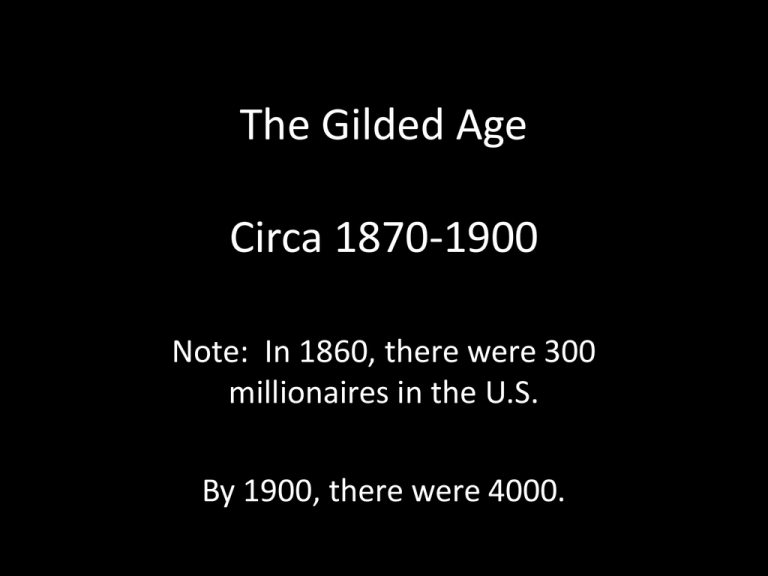

Similar to their European counterpart, the French Regulation School, SSA scholars broke with narrow economic theories that consistently ignored the interplay between capital accumulation and social-power relations, political struggles, and ideology. Drawing on historical materialism, Keynesianism, and institutionalist perspectives in the tradition of Veblen and Commons, as well as Kondratieff's long-wave theory and Schumpeter's work, SSA scholars attributed much explanatory power to the role of capitalist institutions in economic expansion and stagnation. The SSA approach emerged in the aftermath of the economic crisis in the 1970s, when a new cohort of Marxist and Marxist-inspired scholars in the United States sought to explain why the rapid and steady economic expansion of the postwar era had come to a halt (Gordon Citation1978 Gordon, Edwards, and Reich Citation1982). One strand of literature that has consistently analyzed the role of competition in relation to capitalist crises is the approach taken by those analyzing the social structure of accumulation (or SSA see Kotz, McDonough, and Reich Citation1994 Kotz Citation2002 Lippit Citation2005 McDonough and Nardone Citation2006 McDonough, Reich, and Kotz Citation2010). However, the nature and impact of capitalist competition seldom surfaces as a central feature in understanding capitalism's crisis-ridden nature-despite invaluable Marxist contributions on the inherent contradictions of capital accumulation and recurring capitalist crises (see Clarke Citation1994 Dunn Citation2011 Norton Citation2013). Accordingly, capitalist competition for profits, resources, and markets disunites more than it unites: it pits capitalists not only against each other but also against labor and, in the presence of a reserve army of un- or underemployed, labor against labor as well.

Marxist accounts, in contrast, point to the resulting antagonistic social relations and to hierarchies in wealth and power. The usual argument is that competition compels capitalists to generate innovative and better quality products at prices that converge with marginal production costs, ultimately benefitting consumers. Mainstream economists tend to portray capitalist competition as a force that elevates society to ever-higher levels of economic growth and wealth.


 0 kommentar(er)
0 kommentar(er)
